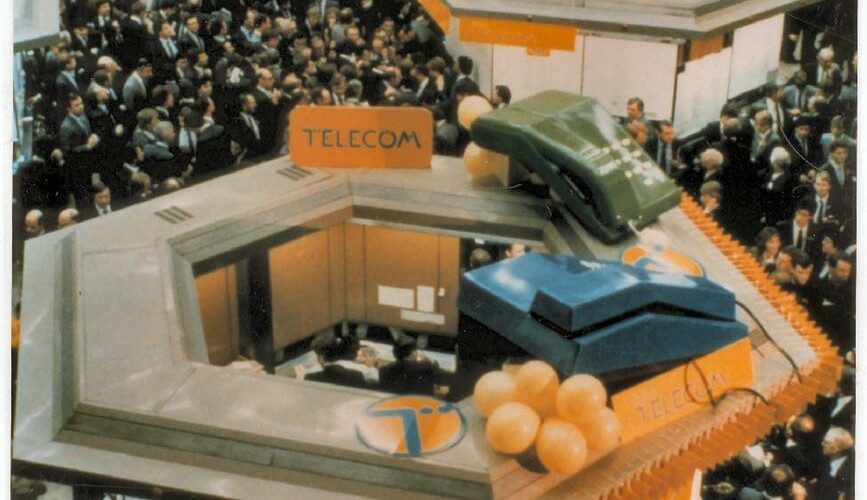
Historian of science, technology, and neoliberalism. Mainly British history but Eurocurious. Assistant Professor at Maastricht University.
This profile is from a federated server and may be incomplete. Browse more on the original instance.
Private
Private
